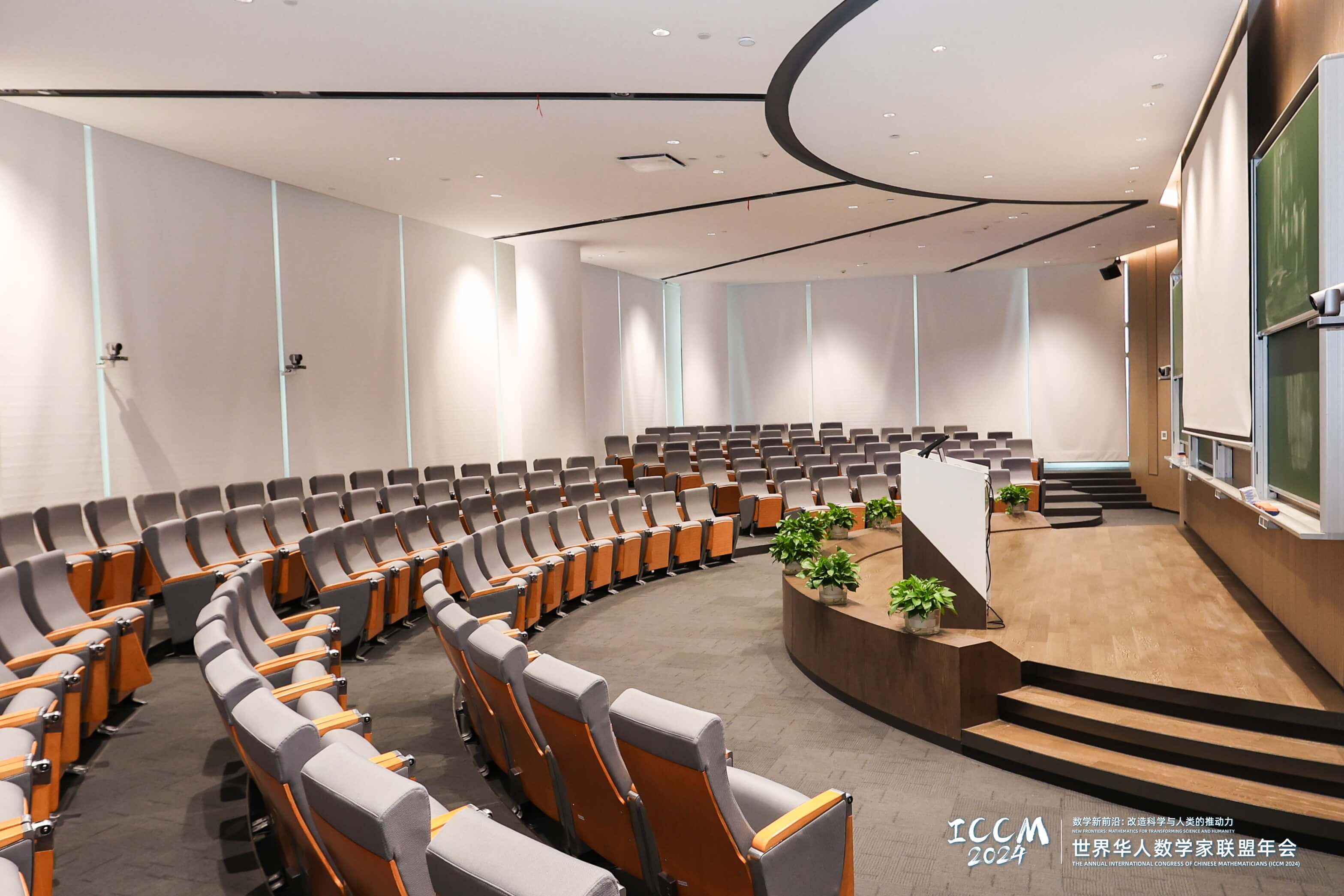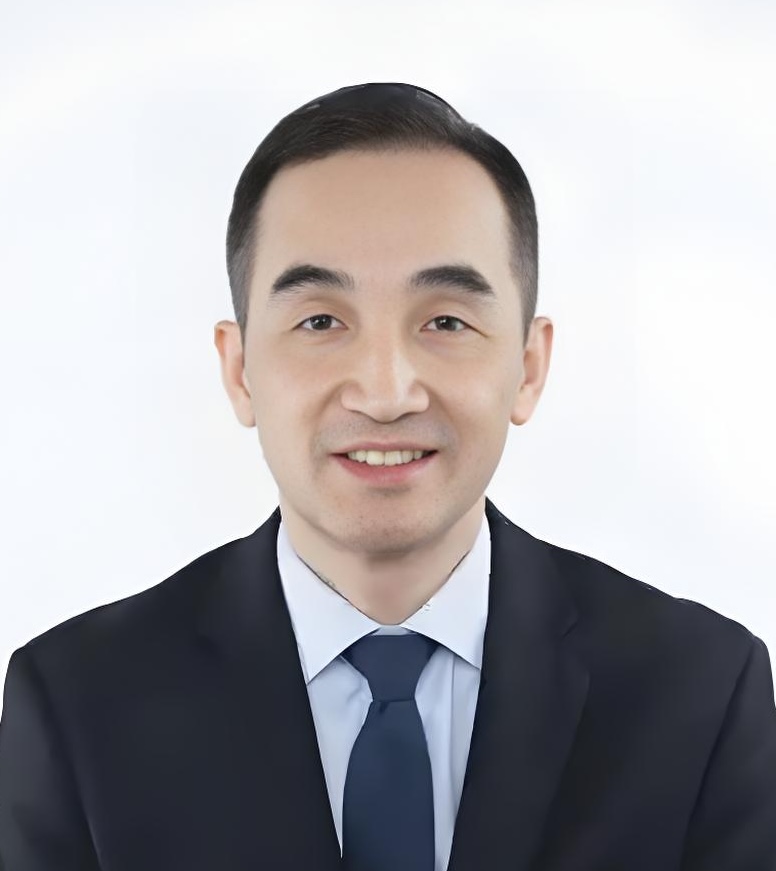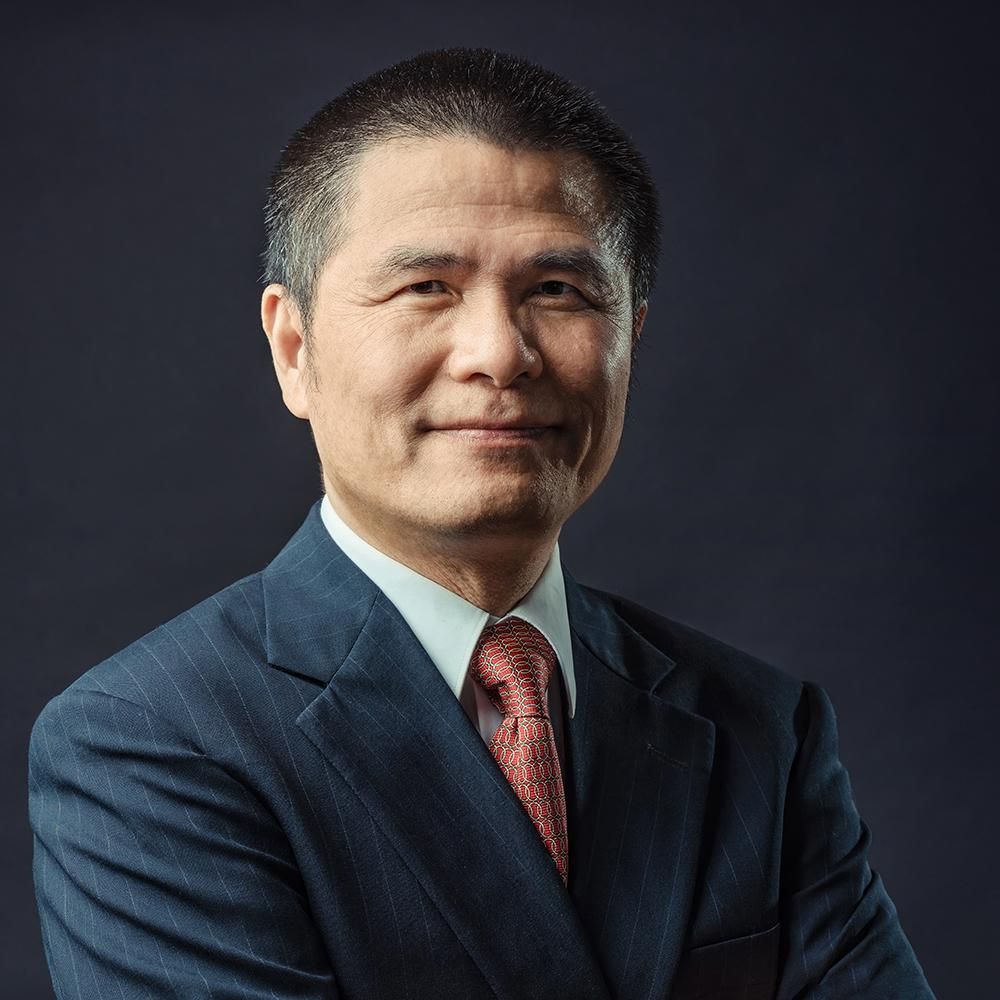
About the Award
The Hua Prize will be first awarded at ICCM 2025. Together with the Chern Prize and Hua Prize, it is listed as the three main awards of ICCM to award Chinese mathematicians older than 45 years. Shing-Tung Yau said: "We have set up the Chern Prize in ICCM to honor Chinese mathematicians who are over 45 years old. It has a long history. But as time evolves, there are many more subjects and many mathematicians who should be awarded. Therefore, we decided to set up two more prizes parallel to the Chern Prize at the upcoming major meeting of ICCM (2025 ICCM)". The Hua Prize is established to commemorate Professor Loo-keng Hua, known as the "Father of Modern Chinese Mathematics", who has brought international reputation to Chinese mathematics. The award focuses on Chinese mathematicians worldwide over the age of 45 who have made pioneering achievements in various fields.
Established in 2025
2025 Recipients

Zhi-Quan Luo 罗智泉
Professor, The Chinese University of Hong Kong, Shenzhen
Zhi-Quan Luo is Vice President (Academic) at The Chinese University of Hong Kong, Shenzhen, and the founding Director of the Shenzhen Research Institute of Big Data. He earned his B.S. in Mathematics from Peking University and a Ph.D. in Operations Research from MIT. Before his current roles, he held tenured faculty positions in both Canada and the United States.
Professor Luo is internationally recognized for his expertise in optimization, big data, signal processing, and wireless communications. His outstanding contributions have been recognized by numerous awards, including the 2010 Farkas Prize, the 2012 Paul Y. Tseng Memorial Lectureship, the 2022 Wang Xuan Applied Mathematics Prize, and the 2023 Shenzhen Science and Technology Progress Award (First Place). He is a Fellow of the IEEE, SIAM, the Royal Society of Canada, and a foreign member of the Chinese Academy of Engineering.
In 2020, Professor Luo introduced a pioneering data-driven approach to wireless network optimization, integrating statistical network models with artificial intelligence. This innovative methodology has been deployed in over 30 countries, optimizing 1.8 million base stations worldwide. His work has improved wireless network performance for a quarter of the global population, significantly reduced operational costs and carbon emissions for telecom operators, and generated substantial economic and social benefits on a global scale.

Chi-Wang Shu 舒其望
Professor, Brown University
Chi-Wang Shu is a professor of applied mathematics at Brown University. He received his B.S. degree in Mathematics from the University of Science and Technology of China, Hefei, in 1982. In 1986, he received his Ph.D. degree in Mathematics from the Mathematics Department of the University of California, Los Angeles with Professor Stanley Osher as his advisor. He then spent a year at the Institute for Mathematics and Its Applications (IMA) in University of Minnesota as a post doctoral fellow.
Since 1987 he has been with the Division of Applied Mathematics, Brown University, as an Assistant Professor (1987-1991), Associate Professor (1992-1996), Professor (1996- ), Division Chair (1999-2005; 2023- ), and Theodore B. Stowell University Professor (2008- ).
Professor Chi-Wang Shu's research is centered on the development and analysis of sophisticated numerical methods for solving partial differential equations. A primary focus of his work is the creation of high-resolution shock-capturing schemes, including the foundational Finite Difference Essentially Non-Oscillatory (ENO) and Weighted ENO (WENO) methods, the Discontinuous Galerkin finite element methods, and Spectral methods, primarily for hyperbolic conservation laws and convection-dominated problems. His research extends to the numerical solution of Hamilton-Jacobi-type equations. These advanced numerical techniques find critical applications across diverse scientific and engineering fields, most notably in computational fluid dynamics, semiconductor device simulation, and computational cosmology.
Professor Shu has received the highest accolades in computational mathematics, notably the SIAM John von Neumann Prize (2021) and the SIAM/ACM Prize in Computational Science and Engineering (2007). His other major honors include the Feng Kang Prize (1995) and being elected a Fellow of several prestigious societies (SIAM, AMS, AWM). He is consistently recognized as a Highly Cited Researcher, was an invited speaker at the International Congress of Mathematicians, and is ranked among the world's top scientists in mathematics.
